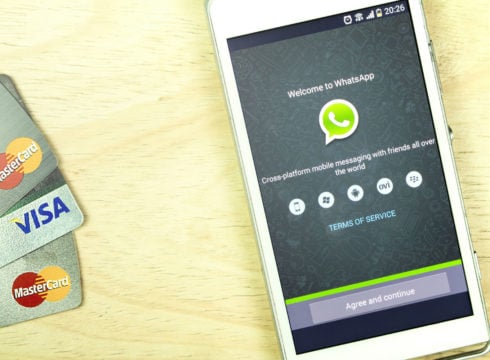WhatsApp is being used to spread anti-vaccine misinformation in India, according to a WSJ report
Anti-vaxx misinformation could result in measles and rubella virus outbreak in India
Globally, Amazon, Facebook and YouTube have become embroiled in anti-vaxx content
Inc42 Daily Brief
Stay Ahead With Daily News & Analysis on India’s Tech & Startup Economy
Becoming a roadblock for critical vaccination campaigns in India, anti-vaccine misinformation, some of which has already spread in US, UK and Canada, has started circulating on WhatsApp in India, according to a Wall Street Journal report.
Coming on the backdrop of a global anti-vaccine campaign that led to a measles outbreak in the Pacific Northwest in the US, WhatApp is under the scanner once again in India, even as it rushes to solve the fake news mess in the country.
According to the WSJ, “Antivaccine misinformation, some of it from social media posts in the West, is spreading in India on WhatsApp, undermining efforts to root out measles and rubella in a country where tens of thousands of people are struck by the diseases each year.”
The report added that the WhatsApp campaigns have led to many schools in Mumbai refusing health officials on premise to carry out vaccinations.
In February, Facebook was riddled with anti-vaxx news, with many communities and pages springing up in relation to the misleading information contained in some posts about vaccines. In response, Facebook cracked down on all such pages and posts on its platform.
“If a group or Page admin posts vaccine misinformation (verified by World Health Organization and the US Centers for Disease Control and Prevention), we will exclude the entire group or Page from recommendations, reduce these groups and Pages’ distribution in News Feed and Search, and reject ads with this misinformation,” the company had said.
Separately, in March, US congressman Adam Schiff wrote to Amazon raising concerns about the issue “That Amazon is surfacing and recommending products and content that discourage parents from vaccinating their children, a direct threat to public health, and reversing progress made in tackling vaccine-preventable diseases,” Schiff had said.
“I am concerned by the report that Amazon accepts paid advertising that contains deliberate misinformation about vaccines; promoting these advertisements as suggested content ahead of intended search results,” he added .
The pressure from that letter and other protests forced Amazon to drop anti-vaccine documentaries from its Prime Video streaming service, but the company still sells books on the subjects
YouTube has also been accused of promoting clickbait videos with viral titles that seem to promote an anti-vaxx lifestyle.
The menace of anti-vaccine misinformation can cause havoc in India, where already there’s a lot of reliance on superstitions and hoaxes for home remedies and such. In light of this, perhaps WhatsApp’s steps against fake news should also encompass misinformation campaigns such as these.
Just today, Google took steps to limit the chances of such hoaxes spreading on YouTube in India, by adding a feature to fact-check certain search keywords. Unfortunately for WhatsApp users, there’s no way yet to verify the authenticity of forwards and viral content.
Note: We at Inc42 take our ethics very seriously. More information about it can be found here.


